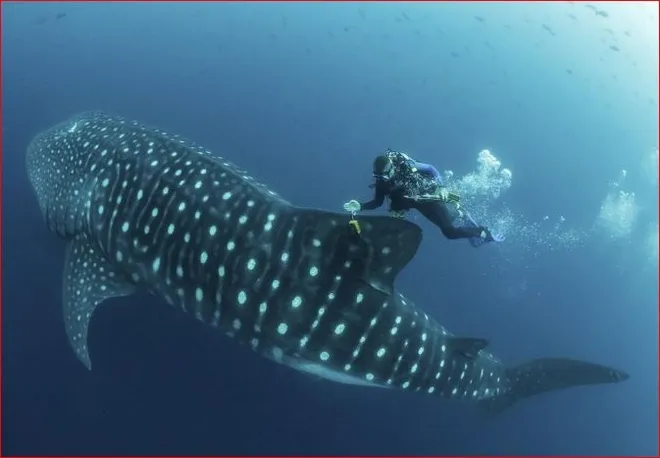Scandal conglomerate targeted by anarchists

Finmeccanica, the Italian conglomerate at the heart of Panama’s current political scandal is making headlines across Europe, for something other than corruption and bribery.

The Week carries this report as anarchists whose predecessors carried out bomb attacks at the end of the19th and beginning of the 20th centuries and at intervals since, resurface
ROME – A week after an Italian nuclear engineer was kneecapped in a bold terrorist attack in Genoa, investigators are narrowing their focus to a small but violent axis of Mediterranean anarchists.
Police are studying the mobile phone, internet and university activities of six to ten Greek and Italian activists operating as the Informal Anarchist Federation (in Italian, the Federazione Anarchica Informale or FAI), which claimed responsibility for the Genoa attack in a letter sent to an Italian newspaper and deemed credible by authorities.
That letter prompted authorities to widen their investigation over the weekend to include an international network called the Conspiracy Cells of Fire, a loose coalition of anarchists, imprisoned activists and their supporters in Greece, Spain, Serbia, Germany and elsewhere.
Government, business and media leaders have all expressed deep concerns over rising political tensions and a spate of violence in Italy that has called to mind the country's difficult 'years of lead' in the 1970s, which were marked by terrorism and social upheaval.
As concerns over a resurgence of terrorism mount, the Italian Interior Ministry have begun increasing security around 400 sensitive locations, including defence conglomerate Finmeccanica – the target of the Genoa attack – and tax offices, and has offered surveillance for dozens of business managers, university officials and others considered "at risk".
"We are prepared to use the armed forces to defend sensitive targets if necessary," Interior Minister Annamaria Cancellieri said. A series of national security meetings are planned for later this week. A march denouncing terrorism is planned for Genoa May 14.
Intelligence sources say the European anarchist groups being monitored are structured horizontally, with various small cells that sometimes act separately, but occasionally coordinate, and which are united in their support for armed action. They took responsibility for their first violent act nearly a decade ago, detonating two explosive devices outside the Bologna home of Italian politician Romano Prodi in December 2003.
Since then, FAI's actions have grown increasingly bold, from street clashes to burning of cars, vandalising storefronts, to rudimentary letter bombs and increasingly sophisticated parcel bombs. But last Monday's attack on the head of the Italian nuclear engineering firm Ansaldo Nucleare (owned by Finmeccanica), marked a dangerous escalation: a meticulously studied terrorist attack against an individual in broad daylight.
The firm's manager, Roberto Adinolfi, had been singled out, followed and then shot from behind in the back of the leg by an assailant wearing a motorcycle helmet, aided by perhaps as many as five others staked out on streets surrounding his home, who police believe communicating by walkie-talkie.
Adinolfi, a father of three who had never considered a bodyguard, managed to recall the licence plate of the scooter as his two attackers sped away. Police found the stolen scooter ditched in the centre of Genoa a few hours later and also recovered a cartridge from the Tokarev 7.62 used in the attack. They are currently studying CCTV film of the area.
A letter claiming responsibility arrived at the Corriere Della Sera newspaper in Milan Friday. Reported widely in Italian media over the weekend, the letter described two members of the 'Olga' cell of the FAI as claiming responsibility for the Genoa attack.
Their cell, the letter said, was named after one of eight anarchists currently imprisoned in Greece: a female activist named Olga Ikonomidou, who the day before the attack had been transferred from Thebes to a women's prison in Diavata.
The letter claimed seven more attacks were planned to avenge the jailing of each of the eight activists. Investigators are also scrutinising a second letter, smuggled out of a Greek prison at the end of March, then translated from Greek to English and posted on the Conspiracy Cells of Fire website.
The Conspiracy Cells of Fire and FAI groups have taken responsibility for a variety of attacks across the world, including the burning of a Wal-Mart in Mexico, fires at a car dealership in Newnham, Cambridge and a bombing campaign aimed at EU institutions such as Europol and Eurojust.
The group's activities surged in 2010, with a threatening letter containing a bullet and addressed to Silvio Berlusconi detected in a suburban Milan post office and package bombs sent to the Swiss and Chilean embassies in Rome.
In March 2011, a mail bomb exploded at the the headquarters of the Swiss nuclear industry association, wounding two. A similar ordinance addressed to the CEO of Deutsche Bank was intercepted before reaching its Frankfurt target.
The former mayor of Bologna, Sergio Cofferati, who was sent a rudimentary letter bomb by the FAI in 2005, suggested yesterday that authorities had not taken the group seriously enough.
"The fact that years pass between one action and another may have led investigators to believe it was not a very worrisome phenomenon," Cofferati said in an interview with the Corriere Della Sera. "It is very worrisome, not to be underestimated."
On Monday, the Italian news agency ANSA reported that appeals from jailed anarchists in Greek, Spanish and Serbian prisons were proliferating on the web, with calls for attacks on a specific list of banks, ministers and other sensitive targets.
But how much is internet hype and how much is a genuine threat? Are the tips the result of routine Google, blog and Facebook searches or more extensive forensic computing providing hard evidence? Prosecutors aren't revealing all their cards yet, but are not ruling out arrests soon. ·





